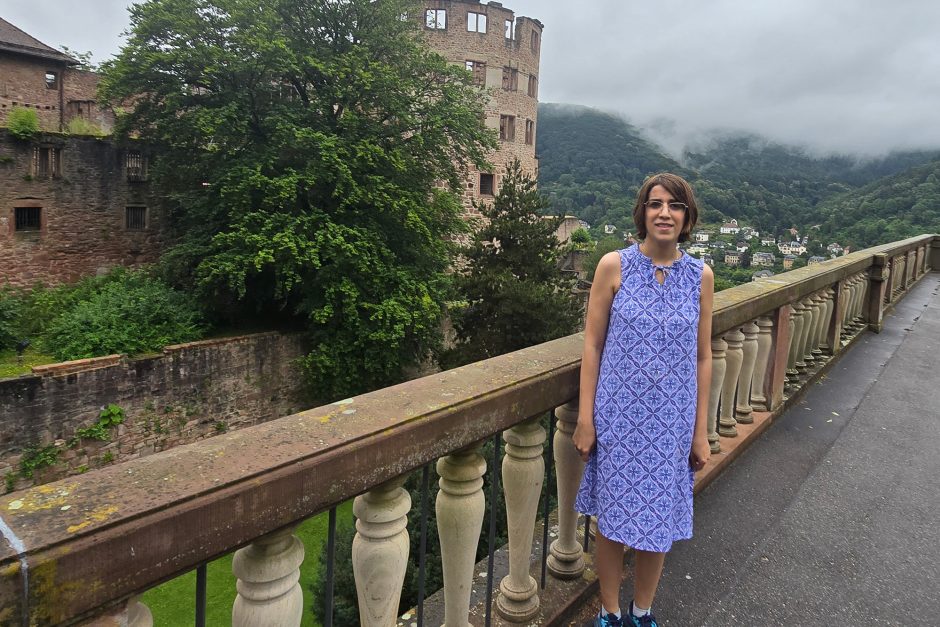
Sept. 3, 2024
Contact: Janese Heavin, heavinj@missouri.edu
Maryam Salehi is an assistant professor of civil and environmental engineering in the University of Missouri’s College of Engineering. This summer, she had the opportunity to collaborate with international partners in Germany to study the contaminant uptake by microplastics and also the aging of microplastics.
Read on for a Q&A with Salehi about her experience.
Tell us about your research.
My research looks at how sunlight breaks down microplastics and affects their ability to absorb heavy metals, as well as how everyday wear and tear creates more microplastics.
Why is this research important?
This research is important because it helps us understand how microplastics can carry heavy metals in the environment. It also shows how their breakdown into smaller particles contaminates the air we breathe, the water we drink and the soil where we grow our plants.
What’s the biggest discovery your team made during this project?
We found that the weathering of microplastics can enhance their adsorption of heavy metals, which in turn influences the transport of these metals from urban environments to surrounding water resources. Additionally, we gained a better understanding of how the intrinsic properties of plastics affect their resistance to surface wear and subsequent fragmentation.
What did you enjoy most about the experience?
What I enjoyed most about the experience was applying surface complexation models to describe how heavy metals interact with the surface functional groups on both new and photodegraded microplastics. I also valued using tribology analysis techniques to assess the potential for fragmentation due to surface wear on plastics.
How will this experience benefit your research at Mizzou?
This experience will benefit my research at Mizzou by enabling me to use surface complexation modeling to further study how heavy metals associate not only with microplastics but also with plastic potable water pipes. Additionally, we will explore the fate of microplastics and their fragmentation as they are subjected to mechanical forces in the environment.



